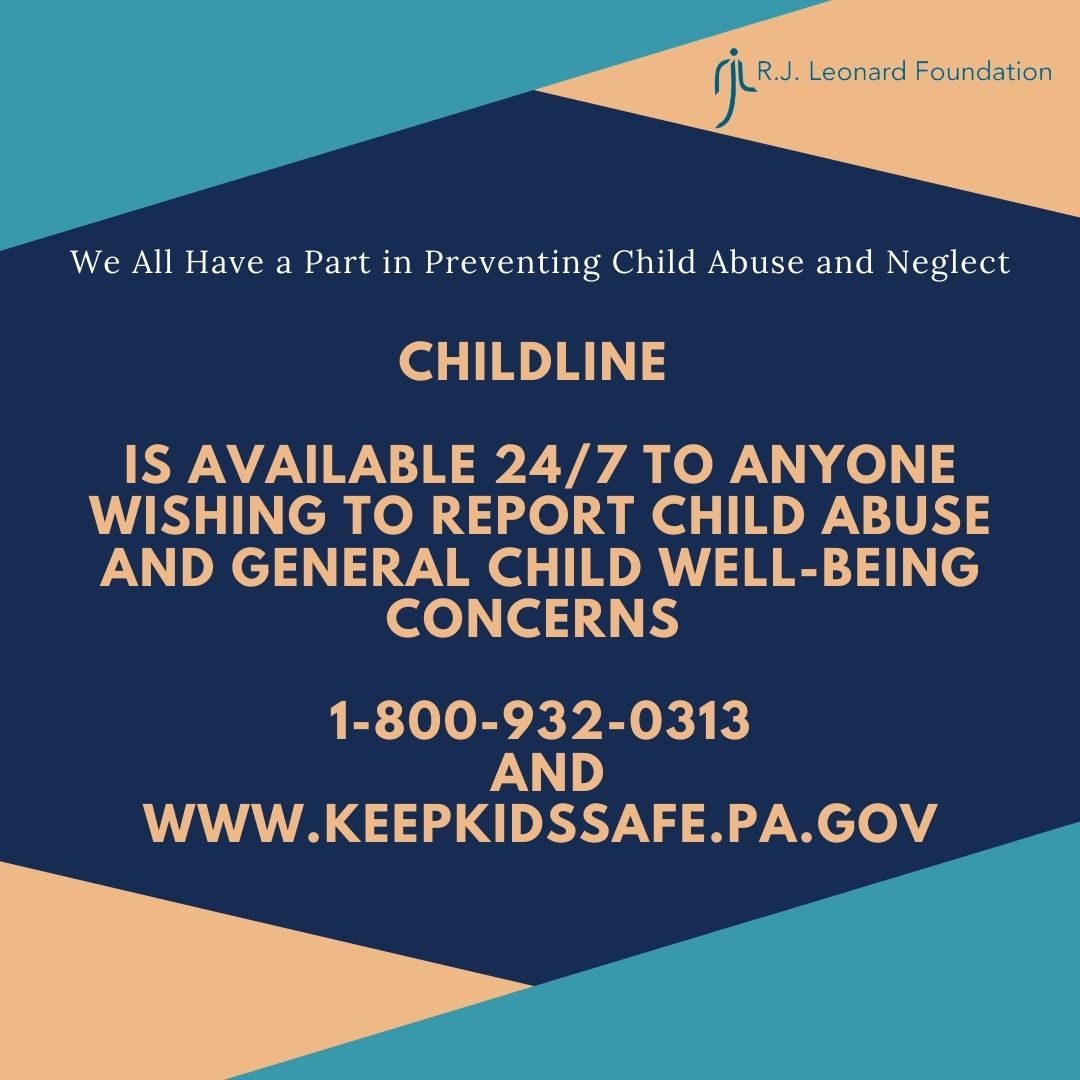|
April is National Child Abuse Prevention Month. It is an opportunity for us, as community members, to reflect on our responsibility to protect the children around us and to remind ourselves that even those who are not mandated reporters can and should report when necessary.
Permissive reporters - those not required by law to report child abuse - are even more important this year when so many children have stopped being seen in person by those who would typically identify and report child abuse. In 2018, for example, nearly 21% of child abuse and neglect referrals were made by educators. In 2020, nearly 93% of families with school-aged children engaged in some form of distance learning, meaning the face-to-face time that might allow an educator to recognize signs of abuse or neglect was either severely limited or non-existent. We cannot expect professionals to be the only safety net for our children. It is everyone’s responsibility. If you suspect abuse or neglect, report it.
0 Comments
COVID-19 has led to high numbers of unemployment and underemployment, and as a result, many have faced financial hardship, struggling to keep up with bills including rent and utilities. Help has been offered in many forms from expanded and extended unemployment to rental assistance and a federal eviction moratorium.
But what happens when that help isn’t enough and/or doesn’t come soon enough? Take for example Texas. According to NPR, the Texas state court system may stop enforcing the federal moratorium on evictions. If that happens, those behind on rent could face losing their homes. Though rental assistance is a part of the American Rescue Plan and was a part of past stimulus bills, those who have applied for it recently likely have not received funding. They may not even be sure the status of their application. That’s not enough to stop an eviction. Back home in Pennsylvania, those in need have struggled with accessing their benefits and, even more often, accessing a person to help them determine where those benefits have gone. Unemployment funds have taken weeks to months to arrive, for instance - a delay that is more than costly when you’re relying on a payment for all manner of needs. So yes, help has been given, but that help has faced its own obstacles. As we look to rebuild the economy and return to a semblance of normalcy, we must remember that those who have faced the greatest difficulties will still need assistance in the coming months. 6 of RJLF’s Fellows have been diagnosed with COVID-19 in the past year. That accounts for nearly half of the young adults we are currently serving. While all have recovered fully or appear to be recovering fully, their illnesses are a stark reminder of the risks many have been forced to take through the pandemic, particularly those in low-income and underserved communities. For example, while millions have had the opportunity to work from home through 2020 and 2021, others - including a number of our Fellows - have gone in-person to work at grocery stores, restaurants, hospitals, patient homes and group homes. Despite precautions, many have been exposed to COVID-19 at their jobs. However, an equal number have been exposed at home through partners, roommates and/or their children’s caretakers. Why? Because when you’re:
For many of us, the risks we’ve taken through the pandemic have been largely optional - should we see a loved one, go to a playground or pop into the store instead of ordering curbside pick up? But for so many more, the risks have been mandatory and constant, and the results of that have too often been an illness with an unpredictable outcome. |
Categories
All
Archives
July 2024
|
|
1097 Street Road
New Hope, PA 18938 |


 RSS Feed
RSS Feed
